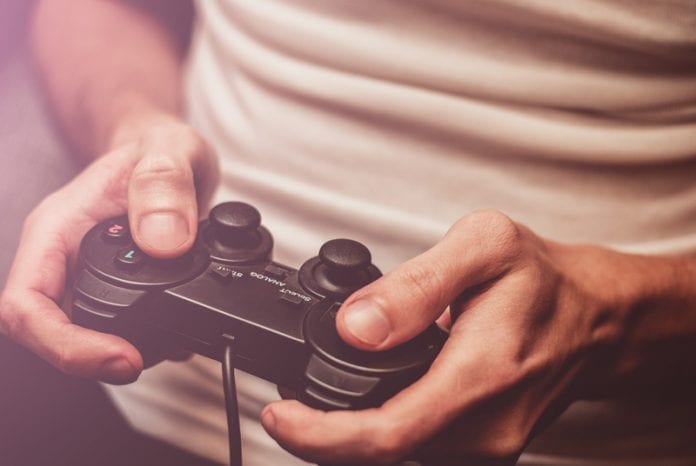Do you ever wonder if memory games actually boost memory? The debate as to whether video games have a large effect on the brain is one that’s not likely to end anytime soon.
Conventional wisdom claims that video games have made kids worse in school, but a study conducted by researchers from the University of California Irvine indicates that playing 3D games actually has a significant effect on improving memory as opposed to playing 2D games.
The researchers had number of college students play video games every day for a 30-minute period over two weeks. While one group played Super Mario 3D World, the other played Angry Birds in 2D. The students performed memory tests before and after the game playing sessions, and after the two-week period, the researchers discovered that those who had played 3D video games had better scores on the memory tests. The performance of their memory increased by a considerable 12%, while the students who had played the 2D games showed no such improvement.
But a closely related but equally important issue is the use of brain boosters such as nootropics to enhance memory for sports gamers, and if there are any risks.

Why memory boosters are so popular with sports gamers
None of us enjoy the idea of getting older, and we especially hate the symptoms that come with it — from wrinkles to memory loss. So it’s unsurprising that just like anti-aging creams, brain games are incredibly popular with middle-aged people who want to stay young.
Consequently, gamers particularly have a huge preference for foods and supplements that boost memory and mental sharpness.
This is not to say that memory games are played for these reasons alone, but they’re fun to play and pose a nice brain challenge for people of all ages.
Do they work?
There have been numerous studies conducted to find out how much of an impact memory has on a player’s ability to recall and remember; as well as the impact of good nutrition and supplements to sharpen their gaming skills and techniques.
Memory games have been shown to be a viable way to protect against Alzheimer’s disease and boost memory in child cancer patients. There are other studies that show that memory games can improve working memory in adult patients with a brain injury and can reduce risk of cognitive decline.

On the other end of the spectrum are scientists who argue that many of these studies supporting the potency of memory games were conducted using too small a sample size, and cannot be said to represent any significant real-life results. They’re generally of the opinion that many of these findings are exaggerated, and memory can be improved simply by eating better and living a more physically active and intellectually challenging life. Within other circles, it’s believed that memory games will not have much of an effect over a short period of time, but improvements may be seen in memory game players over periods as long as five years.
Whatever side you support, there’s a case to be made for memory games: they haven’t been proven to be harmful in any way, and they provide a good challenge for the brain which one might not get from other activities like watching a movie or listening to music.
Try nootropics instead
If you’re serious about improving your memory, you might be interested in trying out nootropics, a brain boosting supplement. Nootropics Expert is a great resource to find out which nootropics are best for both short and long-term memory and information retention. Nootropics can also help with gaming performance, especially for hardcore gamers who can go all night and need an extra boost. Just make sure to consult your doctor before you try any new supplement.







